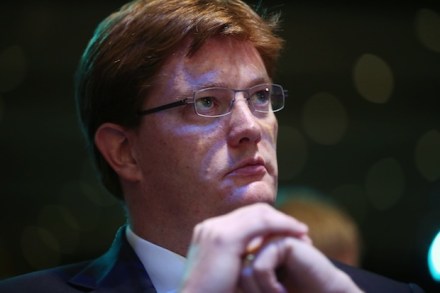Lib Dem conference: The subtle clear yellow water between the coalition parties
Aside from the usual outright bashing of the Conservative party, the Liberal Democrats do want to put some clear yellow water between their party and their coalition partners on subtler issues. They don’t just want to talk about the ‘Tea Party Tories’, as Vince Cable did yesterday, but also about some of the different decisions they would like to take after the 2015 election, if they have their way. To that end, when Danny Alexander appeared on the Today programme, as well as slapping down Vince Cable’s talk of an early coalition break-up, he repeated Nick Clegg’s hint that the Lib Dems could ringfence NHS and education spending into the




















